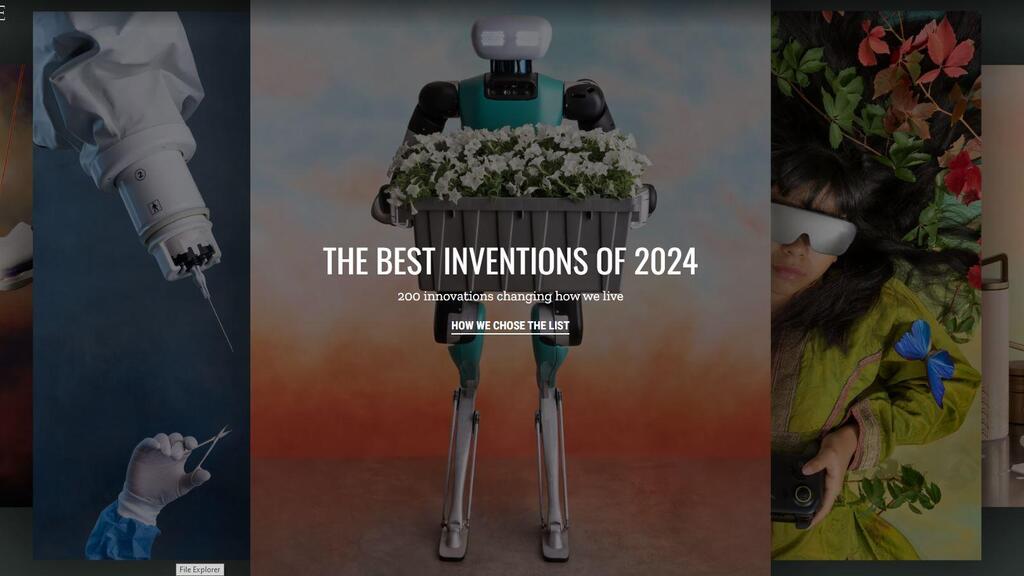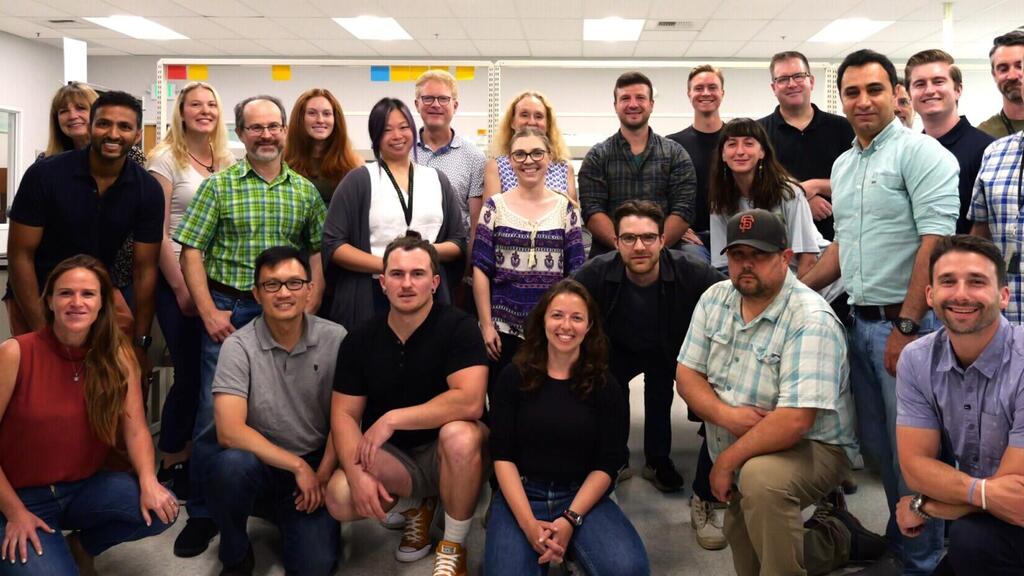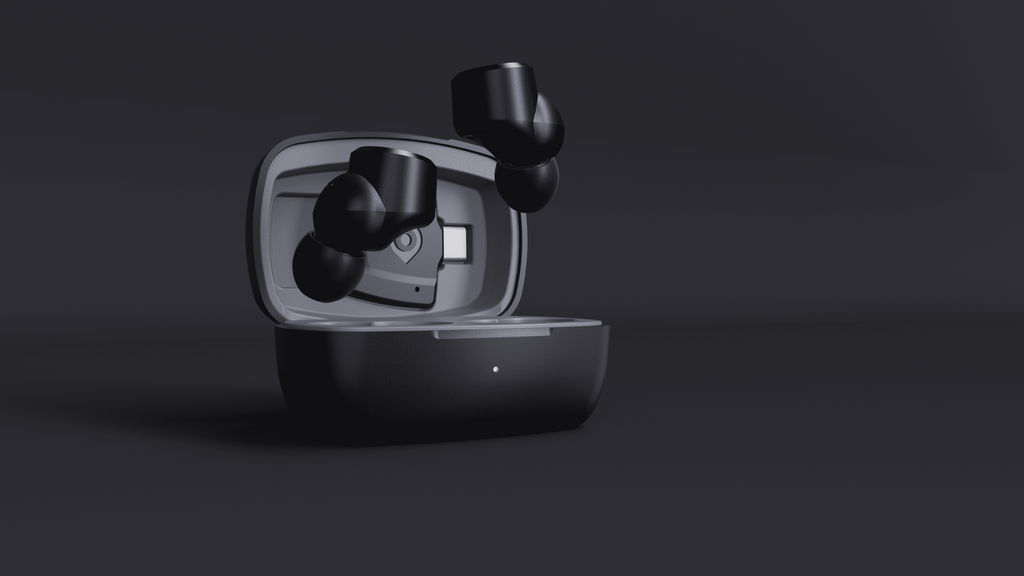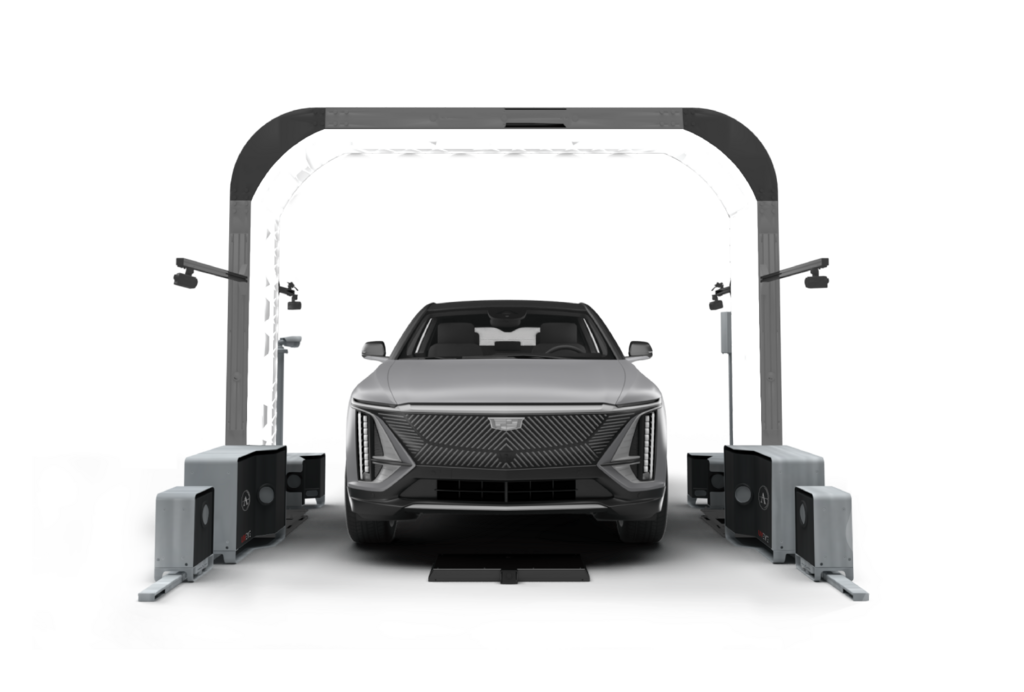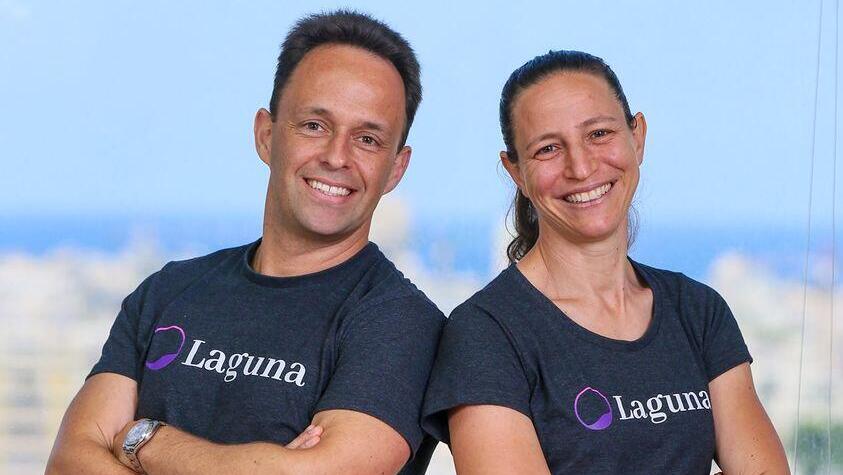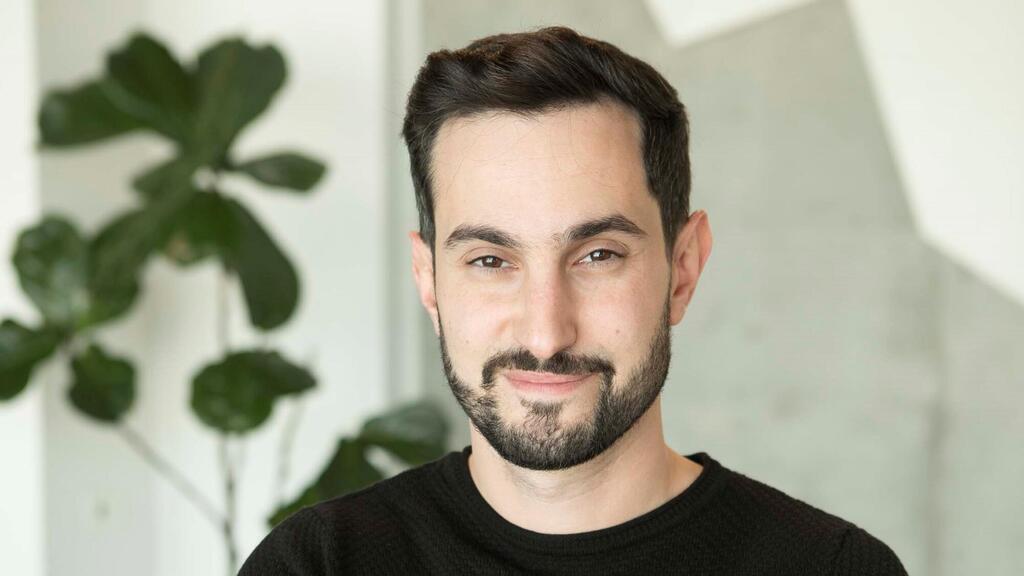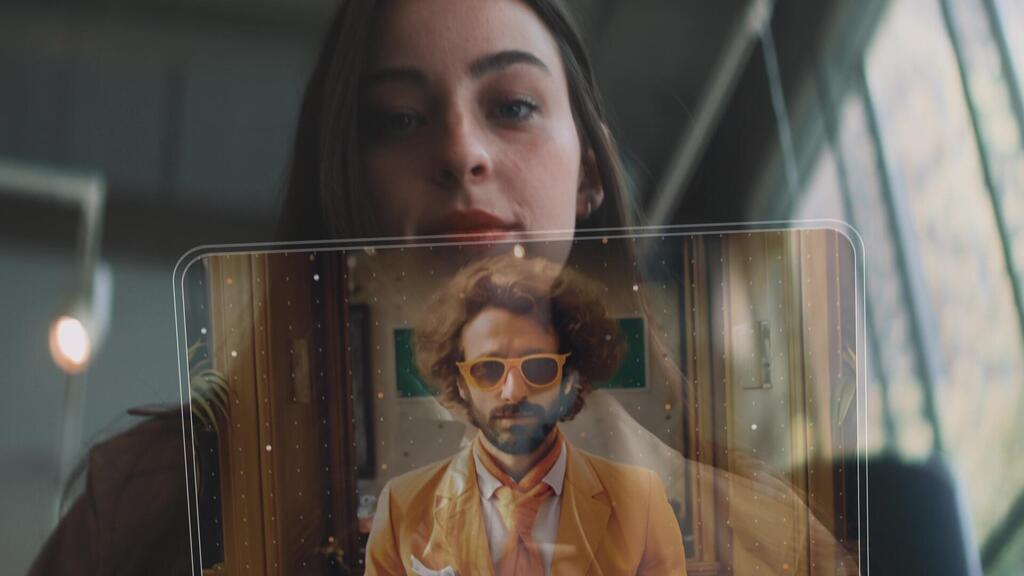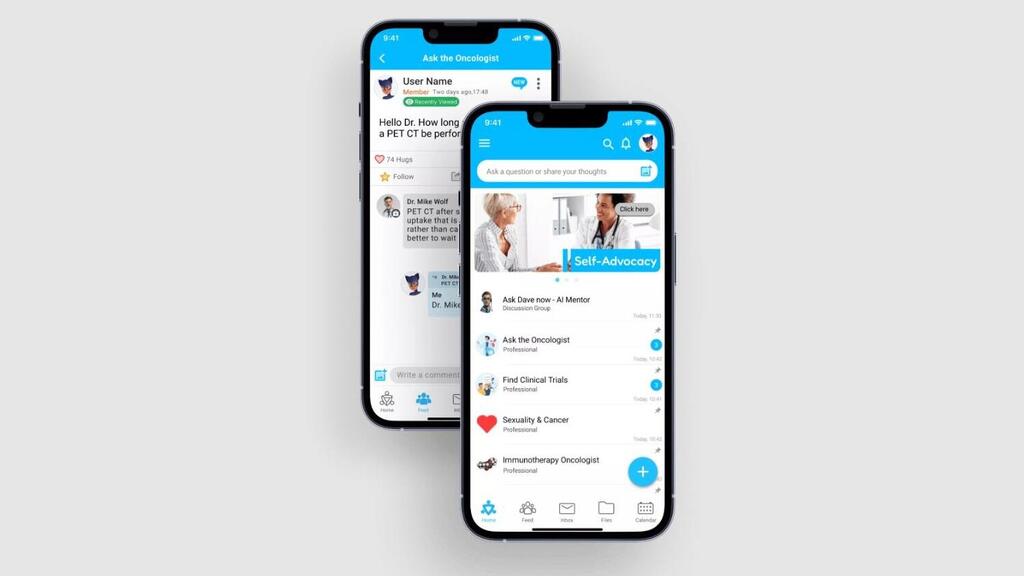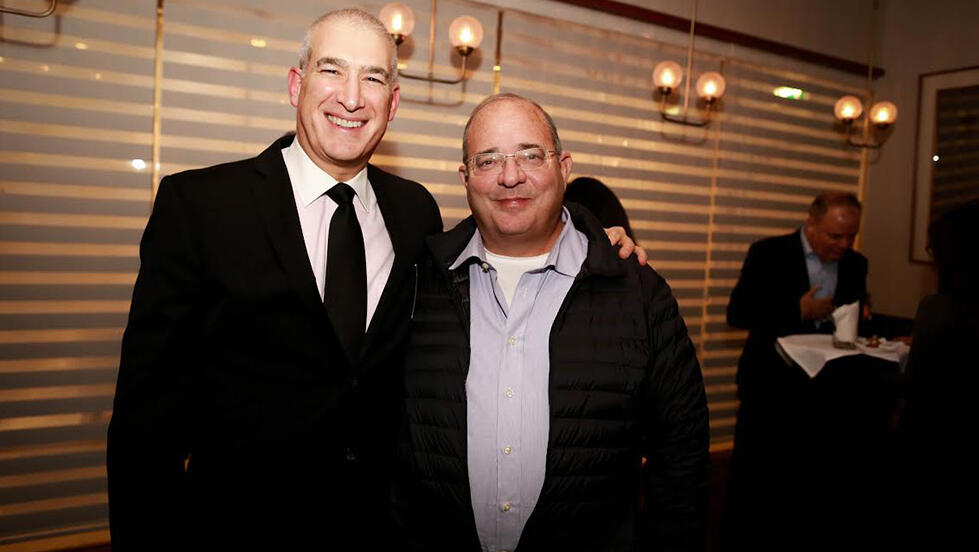The long-standing Time magazine annually publishes its list of the top 200 inventions worldwide from the past year and this year's list was especially intriguing, featuring numerous innovations in the most active fields.
In light of the challenging year Israel has faced, the number of Israeli companies that made the list was impressive — no fewer than nine Israeli startups in the agriculture tech, cybersecurity, AI and Medtech sectors got in. Here are the Israeli companies that Time magazine selected for the list:
InnerPlant CropVoice
The company developed a patented technology that enables plants to "tell" farmers what they need. Plants can give signals indicating their needs, whether for nutrients, water or even signs of being attacked by a disease or insect.
The company's innovation "inserts" a special gene into cotton, soy and corn seeds, which produces a unique protein capable of generating a fluorescent optical signal that can even be detected by satellites.
BeeHero Pollination Insight Platform
Some 75% of plants rely on bees for pollination, yet bee populations are significantly declining due to issues like global warming and air pollution. BeeHero created a specialized sensor that can be installed inside beehives, enabling analysis of bee activity, identifying threats and even assessing their stress levels.
This technology allows farmers and beekeepers to mitigate the impact of harmful factors on bees, promoting their health and happiness, which in turn boosts their productivity.
OrCam Hear
OrCam, founded by Mobileye founder Prof. Amnon Shashua, Bank One Zero and other prominent companies, has been around for a while, with its first product being glasses that helped blind and visually impaired individuals navigate their surroundings.
The company has since ventured into the field of hearing, with its Hear headphones as their debut product in this market. The headphones allow users to focus on sounds in their immediate environment, using an app and AI.
UVeye Vehicle Inspection Systems
The idea for this company’s patent came from founders Ohad and Amir Hever's observations of manual security inspections, where guards use mirrors to check under vehicles.
Their platform employs machine vision to detect and report issues or anomalies. Initially, the system was designed for security purposes, but it was soon found to work well in the civilian sector as well.
Laguna Insight
The burden on caregiving staff is a significant issue in healthcare worldwide, leading to errors, problems and inevitable burnout. Laguna's AI system is designed to assist healthcare teams with communication with patients, particularly over the phone after they've been discharged.
The system can analyze each patient interaction, offering caregivers insights into the patient’s conditions and suggesting appropriate approaches based on medical history.
Aporia Guardrails
AI hallucinations — incorrect or nonsensical responses from AI systems — are a growing concern. Aporia's Guardrails platform filters out problematic responses from chatbots while also blocking attempts by users to exploit bots for information they shouldn’t provide.
Given that around 25% of companies using AI have already experienced damage from bot errors, Aporia’s tool for mitigating these issues is timely. The service uses smaller language models to analyze questions and responses in AI-driven chats.
D-ID Agents
AI company D-ID, known to channel readers, has developed a realistic human-like AI avatar that listens and responds with a natural voice. The D-ID Agents system feels just like a video call with a real person.
The company has integrated several technologies, including generative AI, speech recognition, text-to-speech and the creation of 3D characters from standard photos, all converging into the world’s first platform for creating life-like human avatars.
BelongAI Dave
When doctors aren’t available, individuals with cancer can turn to BelongAI’s chatbot, Dave. Trained on eight years of data from real patients, Dave provides support and guidance, answering users' questions and reviewing and simplifying medical documents.
It also serves as a support network for both patients and caregivers, addressing a range of concerns that cancer patients may face.
Nanox.AI
Nanox.AI's system utilizes AI to assist in the early detection of undiagnosed, asymptomatic chronic conditions by analyzing routine CT scans.
The system, already approved by the FDA, focuses on identifying potential issues in the heart, bones and liver. The system aims to predict future health issues before they develop into symptomatic diseases, supporting preventive healthcare.
Get the Ynetnews app on your smartphone:


